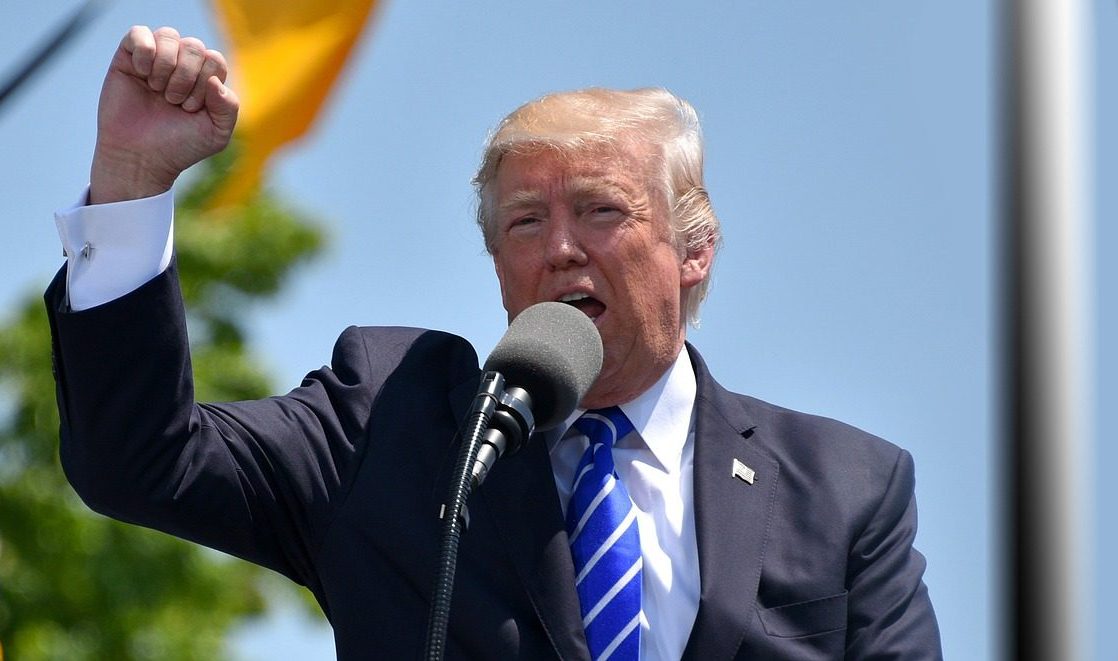Donald Trump has been elected as the 47th President of the United States. In his Mar-a-Lago victory speech, he declared: “it’s a political victory that our country has never seen before”, and certainly, this is the greatest political comeback in US history.
After an extraordinary fall from power that ended in election denial, an insurrection and criminal charges, how has Trump won over the electorate and what does this tell us about the American people?
In 2020, Biden dismissed the defeated Trump as an “aberrant moment” in US politics. Having never won the popular vote, Trump’s first victory was interpreted as an anomaly. However, in 2024, Americans know Trump. They have lived through 4 years of his presidency and understand his vision for the United States.
This was no electoral college fluke. With the popular vote behind him, he proclaimed that: “America has given us an unprecedented and powerful mandate”. Indeed, with the trifecta of Republican victories in the Presidency, House and Senate this will enable his agenda to be carried out unfettered.
The Democrats’ hope of vanquishing the MAGA ideology from the Republican party has also been extinguished. This election marks a turning point, with Trump declaring MAGA as the: “greatest political movement of all time” and Democrats wondering where it all went wrong.
What Does Trump Stand For?
“We are not going back”: the message of the Harris campaign has been squarely rejected by the American people. The familiar rhetoric of America First, anti-wokeness and mass deportation has succeeded, and a new Trump term is now dawning.
Trump and his team marshalled three key arguments in his bid for this election:
- That only he could create a strong border
- That there were no wars during his presidency
- That Americans were better off economically under him.
Although difficult to prove, and seeded with nuance, election night has made one thing clear: this message resonated deeply with voters. Notably, the economy polled as the most important issue for the majority of voters and Trump’s perceived competence gave him an edge against Harris who was tied to the unpopular policies of the Biden administration (despite Trump’s tax cuts adding $1.9tn to the national debt).
Outlandish claims of migrants eating pets, Democrats controlling hurricanes and schools transitioning children have been amplified by Trump, feeding the anxieties of many voters.
The momentous Trump x Musk alliance provided the former President with X as a platform for voicing these claims, the impact of which can not be underestimated. Additionally, Musk’s super PAC has spent more than $140 million promoting Trump’s message. Musk’s support has helped cement the ‘bro-vote’, with young men under 30 turning out at the polls to vote for Trump in far higher numbers than 2020.
Who Voted For Him?
Repeatedly underestimated, Trump outstripped pollsters expectations once again. Many analysts believed there was a low ‘ceiling’ of the vote share which Trump wouldn’t be able to break due to his unfavourable ratings and the fact ethnic minority voters have traditionally come out for the Democrats. But this couldn’t be further from reality.
Trump has made gains among voters almost universally. Receiving more votes from ethnic minorities and young voters than in previous elections – two of the demographics Democrats consider part of their base and were key to their route to the White House.
NBC predicted that 1 in 3 ethnic minority voters cast their ballot for Trump – possibly making 2024 the least racially divided election. Although the majority of Black and Latino voters remained Democrat there was a higher turnout in these groups of Trump voters than in previous years.
Appealing to Latino men was central to Trump’s strategy. His rhetoric, while ‘othering’ illegal immigrants, made him appeal to some voters whose families immigrated legally. These voters felt accepted by Trump and he successfully integrated them into his voting coalition.
The Anti-Politician
The US has elected a convicted felon, who befriends dictators and mounted an insurrection to overturn the last election. Voters appear willing to overlook Trump’s increasingly extreme comments and actions as false news, or just irrelevant.
Why is it that the former President seems to have a pass to say whatever he wants without turning the heads of supporters and undecided voters?
The sheer quantity of Trump’s controversial comments seem to have desensitised the media and the electorate to what was previously considered unacceptable behaviour for a politician.
But that’s just it. Trump isn’t seen as a politician by his supporters. He has always presented himself as a man of the people, someone who will say what other people think but are afraid to say. This has proved central to his success. In 2016, Trump won disaffected Americans to his cause because he recognised their frustration with out of touch party elites. In opposition to the Democrats, who remain the embodiment of a party establishment, Trump’s frank, populist approach is even more effective.
This election has been a brutal wake up call for the Democratic Party which has failed to rebuild Biden’s 2020 coalition which balanced conservative and liberal voters. In elections worldwide there has been a trend of anti-incumbency sentiment; the tolerance for Trump’s extremism also signals that voters prefer him, with all his uncertainty, to a continuation of the Democrat status quo.
